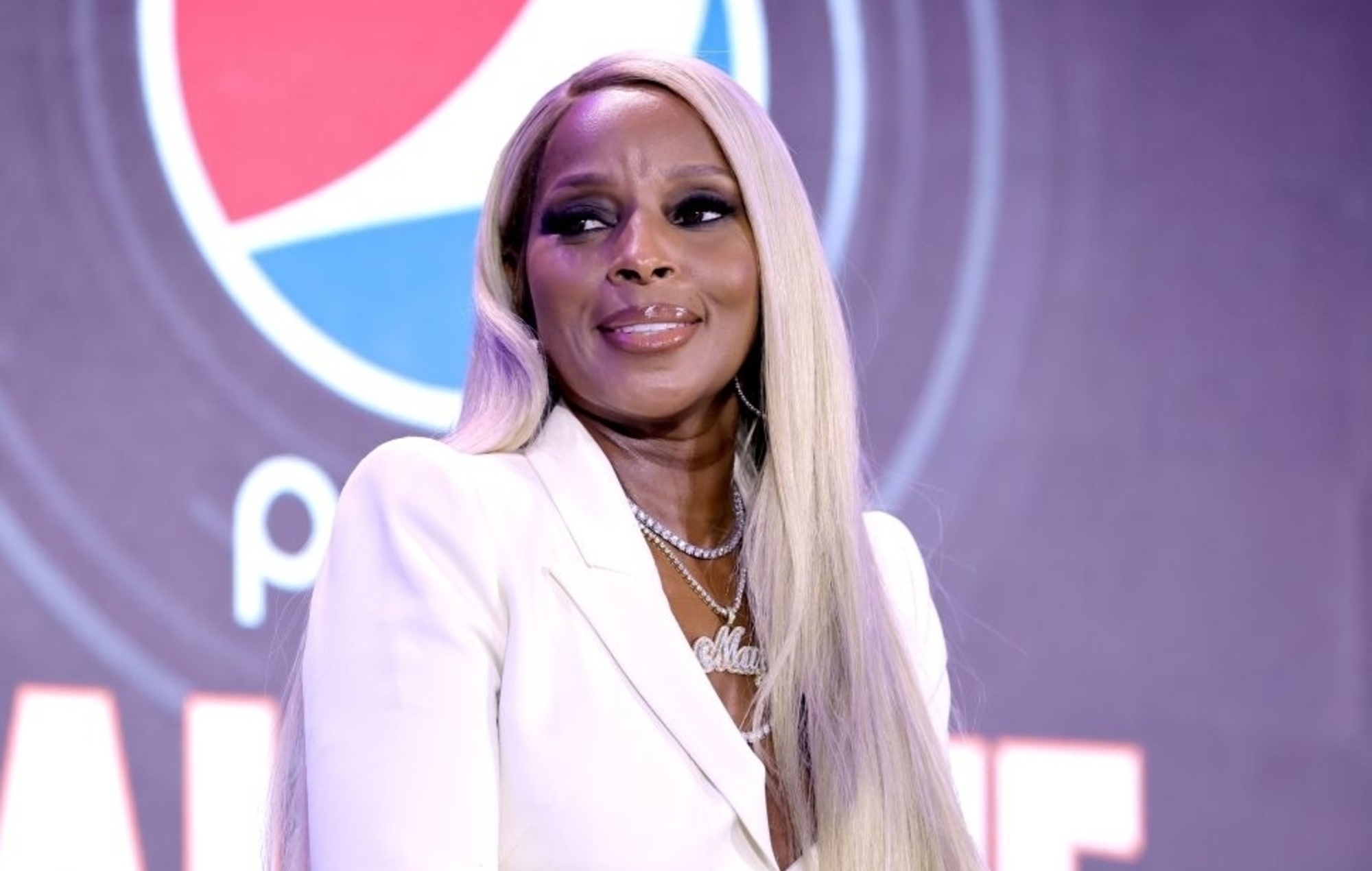Mary J. Blige is considered one of the greatest R&B artists of all time for good reason.
[bg_collapse view=”button-orange” color=”#4a4949″ expand_text=”Show More” collapse_text=”Show Less” ]
Over her 30-year career, she has sold over 80 million records worldwide and won 9 Grammys. But Blige’s success isn’t just due to her powerhouse vocals – it’s due to the raw authenticity she brings to her music by drawing from her own life experiences. Blige has never been afraid to bare her soul in her songs, sharing intimate details about her struggles with poverty, abuse, addiction, and depression. This unfiltered honesty is what has resonated so deeply with fans and cemented Blige as not just a hugely talented singer, but as a voice for a generation.
A Difficult Childhood

Blige was born in 1971 in Bronx, New York to a single mother. They lived in a rough housing project plagued by crime and violence. In interviews, Blige has openly discussed witnessing domestic abuse and growing up in poverty, often lacking basic necessities. This difficult upbringing left deep scars and shaped who Blige became as an artist. Rather than hide from her past, she uses her music as an outlet to process the trauma and connect with others who endured similar hardships. Songs like “Real Love,” “Be Without You,” and “No More Drama” touch on themes of surviving toxic relationships and dysfunctional homes as a child. Hearing such a major star acknowledge and sing about these intimate struggles resonated profoundly with fans who could relate.
Battling Addiction

In addition to the trauma of her childhood, Blige also battled substance abuse issues as an adult. In her 2008 album Stronger with Each Tear, she was transparent about struggling with alcoholism and dealing with the fallout of relapsing. Songs like “Just Fine” and “Stay Down” laid bare the pain and self-loathing that accompanies addiction. Blige didn’t shy away from depicting herself at her lowest points – vomiting, shaking, and crying alone. For listeners also grappling with substance abuse, her raw portrayals offered comfort in knowing they weren’t alone. Blige’s willingness to be so openly vulnerable about addiction showed courage and gave hope that recovery was possible. It cemented her role as more than just an entertainer – she was giving a voice to a silent epidemic disproportionately impacting Black communities.

Facing Depression Head-On
Mental health is another topic Blige has bravely addressed. After going through a divorce in 2016, she fell into a deep depression. On her 2017 album Strength of a Woman, she powerfully captured the darkness of depression and social isolation on songs like “Set Me Free” and “Nasty Girl.” Rather than masking her pain, Blige confronts it head-on through visceral lyrics and vocals dripping with emotion. For fans dealing with their own bouts of depression, her music provided solace in affirming their experiences and letting them know it was acceptable to not always feel strong. Blige’s unflinching portrayal of depression’s grip helped reduce its stigma while giving hope that even in our darkest moments, music can be a light.
The Power of Vulnerability

What makes Blige’s honesty about her struggles so impactful is that she doesn’t present herself as invincible. She shows vulnerability – a quality not always embraced in the hypermasculine world of hip hop. But for Blige, vulnerability is a strength. It gives listeners permission to also acknowledge their imperfections, pains, and hard-fought triumphs. Her transparency about heartbreak, depression, and addiction says it’s okay not to have all the answers or always keep up appearances. You don’t have to hide your scars or tears to be considered powerful. For women and men raised being told to “suck it up,” this message was liberating. Blige proved vulnerability could coexist with resilience.
A Journey of Healing
While Blige’s music authentically depicts struggle, it doesn’t dwell in darkness. Her songs chronicle the journey of healing – moving from lamenting hardships to finding renewed strength. On tracks like “Just Fine” and “No More Drama,” she transforms pain into empowerment. Even when revisiting old demons on albums like Strength of a Woman, the overall narrative is one of rising from the ashes. This arc of overcoming obstacles through will and community resonates deeply. It provides hope that light can emerge from darkness and affirms listeners facing their own battles that they too have the power to heal and be reborn. Blige gifts the understanding that the fight for wellness is lifelong but worthwhile. Her music isn’t just a reflection of scars – it’s a testament to the human ability to grow.

A Voice for the Marginalized
Beyond her unfiltered songwriting, Blige’s lived experiences also connect her deeply to marginalized groups. As a Black woman who grew up poor amid violence and lack, she understands struggling communities in a visceral way. Her music gave voice to the underheard providing solace and solidarity. Songs like “Real Love,” “Be Without You,” and “Just Fine” weren’t just personal confessionals – they were anthems of resilience for those facing similar systemic hurdles. Blige didn’t just sing about pain, she sang about rising above circumstances to claim joy and fulfillment. She gifted hope that light and love could still be found even in America’s darkest corners. For those feeling unseen or unheard, Blige was living proof that beauty and triumph could emerge from ashes. She became a beacon reminding people in need that their lives have value and meaning despite outside forces trying to dim their shine.
A Lasting Legacy
Over three decades into her career, Blige’s music continues resonating because at its core is authenticity. She doesn’t shy away from sharing intimate struggles, flaws, and triumphs from her own life journey. In doing so, she gifts understanding to listeners navigating parallel battles and gives permission to embrace vulnerability. But Blige doesn’t just reflect pain – her music chronicles the lifelong fight for healing and rising to claim purpose despite adversity. She proves strength exists on both sides of brokenness. Through it all, her songs maintain a through-line of hope that light and love can emerge even when life seems darkest. Blige’s raw honesty and narrative arc of overcoming are what connect her so powerfully to audiences and secure her legacy as more than just a talented vocalist – but as a guiding light who reminds us that even in our lowest moments, transformation is possible.
[/bg_collapse]





